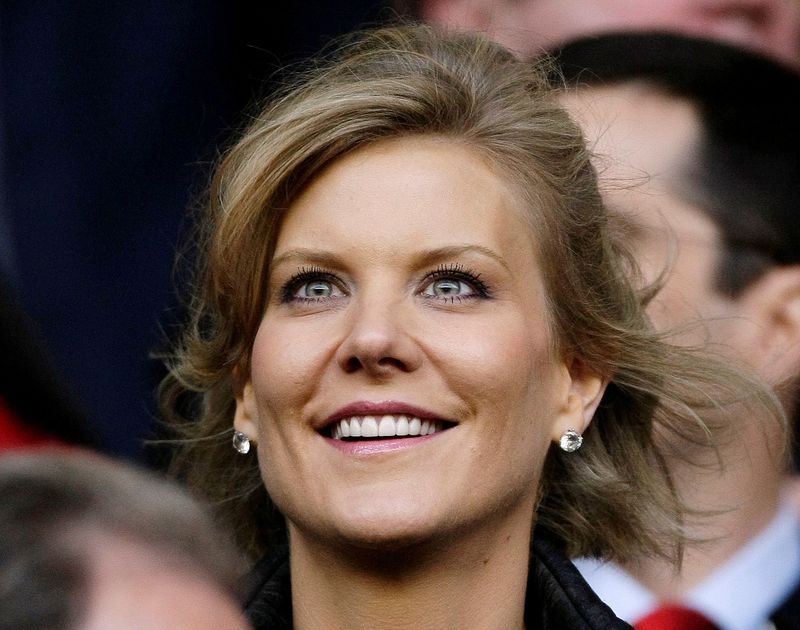By Kirstin Ridley
LONDON (Reuters) - A London High Court judge on Friday found Barclays (LON:BARC) guilty of "serious deceit" over how it negotiated a financial lifeline with Amanda Staveley during the credit crisis in 2008, but denied the businesswoman damages and dismissed her claim.
Judge David Waksman said the decision would be a grave disappointment to Staveley's PCP Capital Partners group, which has claimed around 836 million pounds ($1.16 billion) in compensation during an acrimonious court battle.
"...while PCP has succeeded on liability, it has failed on causation and loss with the result that the overall claim fails," he said, noting Staveley was a "tough, clever and creative entrepreneur" who Barclays had sought to disparage.
The civil case revolved around how the bank secured billions of pounds from Qatar and Abu Dhabi-backed investors 13 years ago, allowing it to secure its independence - and the jobs of its bosses - by avoiding a state bailout.
A Barclays spokesman welcomed the judge's decision. But Staveley said she would be taking advice on an appeal.
"In spite of Barclays' efforts to question my character and credentials, the court has recognised my abilities as a businesswoman and the truth of my account of events," she said.
"The judgment confirms what I have said from the outset and repeated in my evidence; a senior executive at Barclays repeatedly lied to me when seeking private investment in the bank during the 2008 financial crisis."
PCP, which led a 3.25 billion pound, Abu Dhabi-backed investment into the bank, alleges it was induced to fund Barclays on much worse terms than Qatar - despite assurances it would get the same deal.
It alleged Barclays paid Qatar 346 million pounds in hidden fees and handed the Gulf state a $3 billion loan that almost matched Qatar's investment.
Barclays countered that it had struck separate, commercial agreements with Qatar and that PCP's case was "wrong at every stage". Qatar has said so-called Advisory Services Agreements, under which it received payments from Barclays in 2008, were genuine and had provided for potential substantial transactions.
Barclays had dismissed Staveley as a "thoroughly unreliable witness", who used "embellishment and invention" and whose modus operandi was to "duck and weave".
But Waksman said the then 34-year-old secured an "excellent deal" for Abu Dhabi royal Sheikh Mansour bin Zayed al-Nahyan.
"The truth is that this was a case where the corporate investment arm of a major bank facing almost unprecedented pressure had to deal with a persistent and determined counterparty (Staveley) who had ... the trust of some major players in the Middle East business world," he said.
Barclays, one of the few British banks to avoid a bailout in 2008, escaped criminal charges over the 2008 fundraising in 2018 and three former executives were cleared of fraud last year in a case brought by the Serious Fraud Office.
But the bank still faces a regulatory ruling over the 13-year-old episode. The Financial Conduct Authority in 2013 proposed a 50 million pound fine over how the bank disclosed its dealings with Qatar. The watchdog declined to comment on Friday.

($1 = 0.7189 pounds)